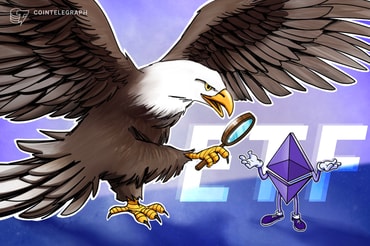Meta enters the AI arena: New app takes on ChatGPT with Llama 4 power

Earlier this year, it was reported that Meta is planningto launch a ChatGPT rival. Now, Meta has officially entered the standalone AI assistant arena with the launch of its new Meta AI app, aiming to challenge established players like OpenAI’s ChatGPT and Google’s Gemini. Announced at Meta’s inaugural AI developer conference, LlamaCon, the app is now available on Android and iOS platforms in select countries, including the US, Canada, Australia, and New Zealand.
At the core of the Meta AI app is Meta’s latest large language model,Llama 4. This model enhances the app’s capabilities, enabling it to handle a wide range of tasks, from answering questions and generating images to providing personalised recommendations. The integration of Llama 4 enables the assistant to deliver more accurate and contextually relevant responses, distinguishing it from previous iterations.
One of the standout features of the Meta AI app is the “Discover” feed, which showcases user interactions with the AI. This social component allows users to view and engage with prompts and responses shared by others, fostering a community-driven approach to AI interaction. Additionally, the app introduces a voice mode, utilising full-duplex speech technology to facilitate natural, conversational exchanges between users and the AI assistant.
While the Meta AI app functions as a standalone application, it also integrates seamlessly with Meta’s broader ecosystem. Users can link their Facebook and Instagram accounts, allowing the AI to access social media data to personalise responses further. This integration aims to enhance the user experience by providing contextually aware assistance based on individual preferences and social interactions.
Despite its innovative features, the Meta AI app has faced scrutiny over ethical concerns. Reports have emerged of explicit conversations between the AI and underage users, some involving celebrity voices like John Cena’s. These incidents have raised questions about the safety and ethical implications of AI interactions, prompting discussions on the need for robust safeguards and content moderation.
Meta’s launch of its standalone AI app marks a significant step in the company’s efforts to establish a foothold in the competitive AI assistant market. By leveraging its proprietary Llama 4 model, integrating social features, and planning for future enhancements, Meta aims to offer a personalised and engaging AI experience. However, the company must address ethical concerns and ensure user safety to maintain trust and achieve long-term success in this rapidly evolving landscape.
Meta has begun rolling out the AI assistant to users in various regions, including India, where it is accessible across WhatsApp, Instagram, Facebook, and Messenger. The assistant supports English and offers functionalities such as writing emails, summarising texts, translations, and generating content like images and animations. Notably, Meta AI also provides real-time information powered by Google and Microsoft’s Bing, enhancing its versatility for users.
Looking ahead, Meta plans to introduce a subscription option for the Meta AI app, offering advanced features to paid users. This move aligns with monetisation strategies employed by competitors like OpenAI and Google. Additionally, Meta aims to integrate the AI assistant with hardware products, such as its Ray-Ban smart glasses, to provide users with seamless AI experiences across devices.



















